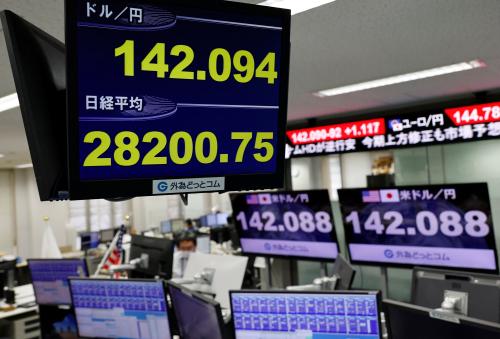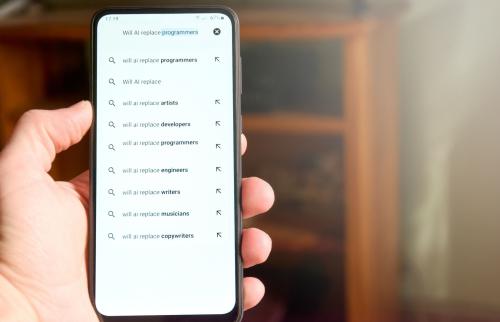We provide stylized facts on nonresident holdings of emerging market bonds and analyze the determinants of euro area investors’ purchases of such securities, using a comprehensive security-level dataset that tracks net transactions of individual bonds issued by emerging market economies. Euro area investors show a preference for euro-denominated and sovereign EM bonds. Net purchases tend to be higher when the macroeconomic outlook of the respective EMs improves, and U.S. monetary policy is loosened. Conversely, euro area investors—in particular investment funds—sell emerging market debt when global financial stress is high. In a case study for the BRICS countries, we find that euro area investors treat EM bonds issued through offshore affiliates differently from onshore securities, likely reflecting differences in currency composition. The sell-offs of EM debt in 2018 as well as during the COVID-19 shock only affected securities issued directly by domestic entities while euro area investors held on to securities issued through offshore affiliates.
We’ve also written a blog highlighting some findings of the paper, particularly the differences in the investor base between China and other emerging economies and the importance of bonds issued offshore by Chinese corporate entities. The blog highlights that the largest holders of Chinese debt are Asian financial centers (especially Hong Kong and Singapore) and foreign central banks, while the euro area and the U.S. are the largest investors in bonds issued by other emerging markets.
The views expressed are those of the authors and do not necessarily reflect those of the European Central Bank or the International Monetary Fund. The authors are very grateful to their discussant Nicola Viegi, conference participants at the ERSA/CEPR workshop on “Emerging Markets Back in the Spotlight: Risks and Policy Options”, Andres Fernandez, and Maria Soledad Martinez-Peria for useful comments. Manuel Alcala Kovalski provided invaluable help with offshore securities’ data.
The Brookings Institution is financed through the support of a diverse array of foundations, corporations, governments, individuals, as well as an endowment. A list of donors can be found in our annual reports published online here. The findings, interpretations, and conclusions in this report are solely those of its author(s) and are not influenced by any donation.
The Brookings Institution is committed to quality, independence, and impact.
We are supported by a diverse array of funders. In line with our values and policies, each Brookings publication represents the sole views of its author(s).









